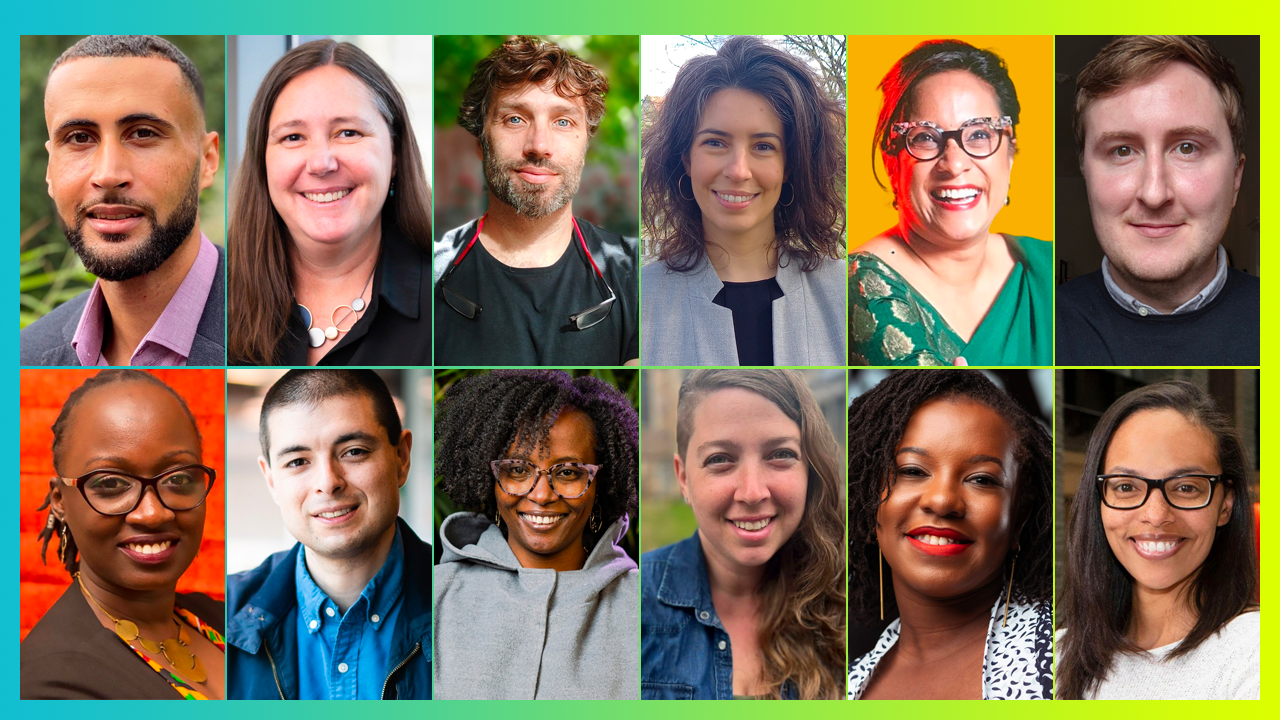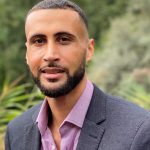At data.org we’re committed to building the field of data for social impact — and through this work, we meet an extraordinary range of people doing just that. They inhabit many roles: data scientists, program officers, social entrepreneurs, and nonprofit executives. While we see this community forming, the supply is not keeping up with the demand.
We still have an urgent need to cultivate and retain a larger global workforce of purpose-driven data talent.
In 2022, we collaborated with Dalberg and the Patrick J. McGovern Foundation to understand and dimension those needs. Together, we created our Workforce Wanted report, which outlined ways to create purpose-driven data practitioners. More recently, we articulated the emergence of a new role, “data ecosystem designer,” charged with creating the data ecosystem that allows digital public goods to thrive and scale in the social sector. We know the need for DSI talent is significant, and that there are currently no established “on-ramps” to these careers.
Without these on-ramps, people come to data for social impact in many ways. To learn more about these career choices, we launched Pathways to Impact, a series of conversations with data for social impact leaders exploring their motivation and career progression – and what they’ve learned along the way. From Bangalore to Buenos Aires, people in varied roles are shaping this new field. Our Pathways to Impact series explores this growing community and asks data scientists, CEOs, and program officers how they came to this work. After more than a dozen of these conversations, we observed some common themes on these varied paths.
1. This career can be a meandering journey
Most of the leaders stumbled upon data for social impact from another field. There was no structured path or career progression. It was not data for social impact from day one and you don’t have to be a data expert to find your way. What matters is that they had the passion and curiosity to seek solutions beyond business as usual.
Like a lot of data scientists, I came to work in social impact through a lot of twists and turns and experiential learning. For me, that involved bouncing in and out of fields, figuring out what I liked to do technically, and then deciding to use those skills and experience for good.
Evan Tachovsky Global Director, Data Lab World Resources Institute (WRI)
2. Start with the idea you want to pursue
Memorable journeys are characterized by stops and alternative routes more than the final destination. This one is no different. Everyone we spoke to first identified a social problem they wished to solve and then applied a data lens to it. Think of the challenge you wish to eliminate or a roadblock you want to overcome; data can be a critical tool to build the evidence for effective decision-making and turn the tide.
When I think about Ushahidi and some of the other companies that have emerged in the tech scene in Kenya, it’s been a result of scratching our own itch: having a lived experience with a particular problem, and then trying to figure out how best to address it.
Angela Oduor Lungati Executive Director Ushahidi
3. Data and … ? Lean into non-data superpowers
Leveling up with data skills does not mean one has to bury other skill sets. The magic happens when you bring them together. Most of the leaders we interviewed strongly emphasized the value of their prior training in communications, partnerships, and community management, or their ability to be empathetic, curious, and agile, among other skills.
I’m also grateful for my graduate school training in community organizing… the most powerful outcomes are created when people come together for a common cause, and when you’re genuinely engaging with and listening to the people you’re collaborating with. Whether you are negotiating with a client, or collaborating with policy makers, or working with communities, there’s a give and take. This collaborative negotiation of understanding is central to the success of any data project.
Nate Matias, Ph.D. Assistant Professor Cornell University
4. Multidisciplinary approaches are needed and valued
Don’t stress about having limited data science experience or being a “non-data voice” in the room. The reality on the ground often comes from these voices. To design effective data-driven solutions, we have learned that multidisciplinary approaches are indispensable in understanding the interconnected social systems and their problems.
I've embraced multidisciplinarity throughout my career, and it’s proven to be a true advantage. I've always thought that in order to solve complex challenges, you need to be open to different schools of thought, and different fields as well.
George Kibala Bauer Director, Digital Utilities GSMA
5. The pack survives
While there might not be an exact match for the advice or peer support you need in existing communities of practice, reach out to the ones that do exist, and do not hesitate to build your own. The adage of if you want to go far, go together certainly applies. Finding supportive allies in unchartered territories helps build confidence and seek solutions together. Most leaders identified multiple communities and groups they are a part of and how that has helped them brainstorm, implement effective strategies, and get a sense of belonging. DataKind, Women Who Code, Women in Data Science, NASSCOM, and AnitaB.org are just a few communities that were mentioned and have a presence around the world.
It’s easy in the 21st century to lose our sense of community because we have, again, a lot of digital means of connecting, but we don’t really connect. So, I try to make sure that I keep my boots on the ground to be a part of the community… Community is where I draw my confidence to do the work that I do. Understanding the value of community, that we’re only as strong as we allow ourselves to rely and lean on each other.
Dr. Rachele Hendricks-Sturrup Chief Data Governance Officer National Alliance Against Disparities in Patient Health (NADPH)
Read the full series here to delve deeper into their stories — and to start your own.
About the Authors
Perry Hewitt is the Chief Marketing and Product Officer of data.org where she oversees the marketing and communications functions, as well as digital product development.
Read moreShubhi Vijay is the Product Content Specialist for data.org where she is responsible for supporting the feature, metadata, and content development for the digital platform.
Read more




